These are the concerns of leaders of many Vietnamese universities when building strategies to become destinations for international students.
ANSWER THE "WHY" QUESTIONS
Prof. Dr. Tran Diep Tuan, Chairman of the Council of Ho Chi Minh City University of Medicine and Pharmacy, commented that Vietnam needs a national strategy if it wants to become a destination for international students. "We must answer the question of why we need to attract international students? Is it to have more tuition revenue, or to affirm quality, attract foreign talent to Vietnam? Only goal number 2 can help Vietnam's university education develop sustainably. When attracting good students to study in Vietnam, after finishing their studies and returning home, they will create a network of connections and that is a factor that contributes to enhancing the country's soft power, and contributes to improving the quality of our country's university education," Prof. Dr. Tran Diep Tuan commented.
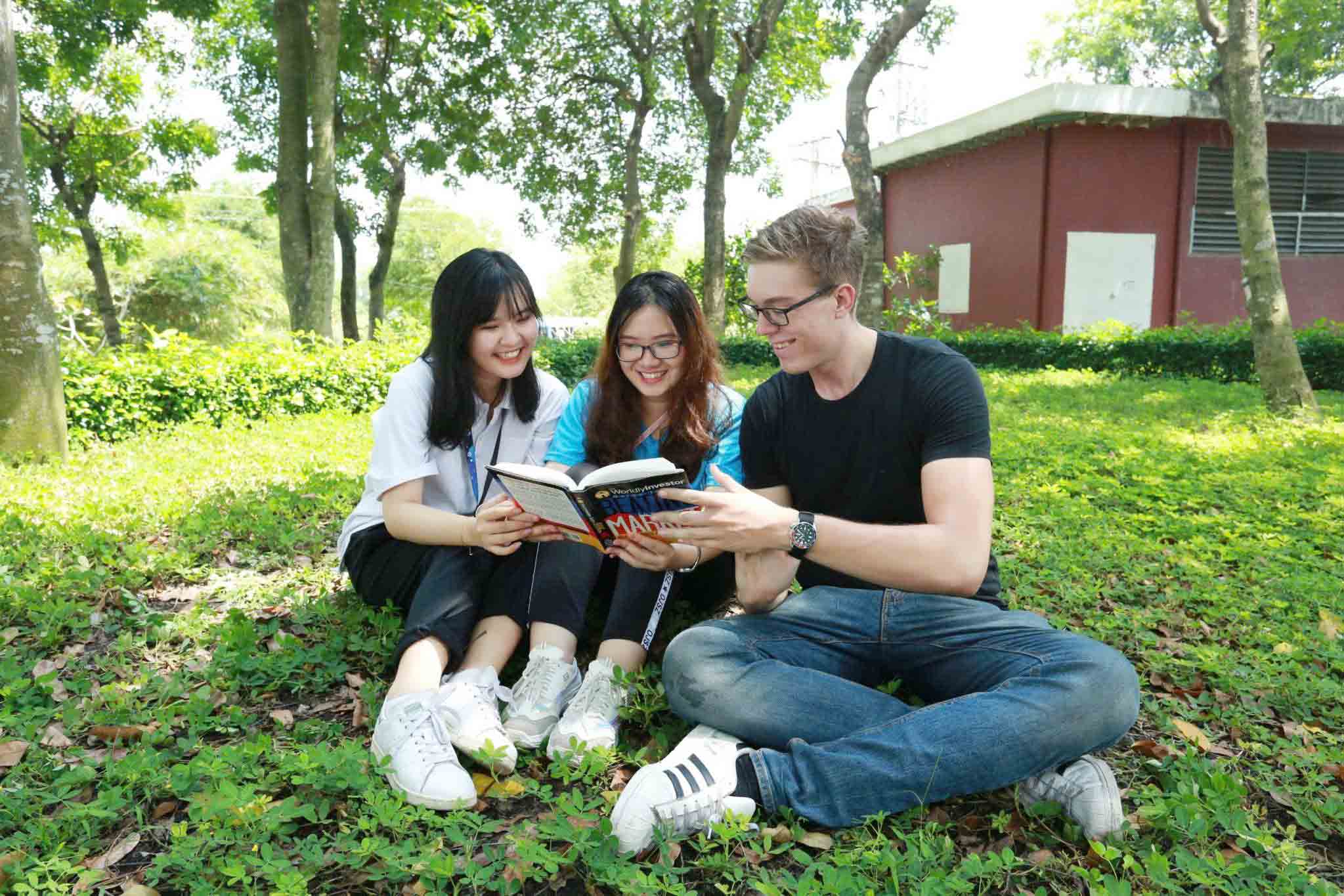
International students participate in joint and exchange programs at Ho Chi Minh City National University
According to Mr. Tuan, countries with developed education systems are willing to grant scholarships to international students from other countries. That is how they attract talent and brainpower, including Vietnamese people. "This is their national strategy. They have attracted many talented people. So can Vietnam do that? If we want Vietnam to become a destination that attracts talented foreign students, it is time for us to think about that. Initially, we may only need to invest in some key university education institutions, build high-quality programs and grant scholarships in some fields," Mr. Tuan shared.
Mr. Tuan continued to ask another question: Why do Vietnamese people want to study abroad in the US, France, UK, Japan, Singapore...? Is it just to study well in their major or not? "Not really, major is important but it is only a part, they want to study in an environment with open thinking, all potential is awakened and promoted, and creativity is free. If we want to attract foreign students, can we create such an attractive environment? That requires a long-term national strategy, a correct and clear educational philosophy", Professor, Dr. Tuan analyzed.
BUILDING INTERNATIONAL STANDARD PROGRAMS
Professor Dr. Le Quan, Director of Vietnam National University, Hanoi (VNU), said that every year, VNU receives nearly 2,000 international students to study undergraduate and master's programs. Since 2021, the Director of VNU has issued a Party Committee resolution on internationalization of training. In the past, VNU has also issued a plan to convert 30% of training programs to English-taught. In addition, this unit is also promoting international training cooperation programs with the goal of reaching 5,000 students by 2030.
"We must use international standards as a yardstick to improve quality and attract international students. Recently, the school has signed agreements with foreign partner universities, most of which are in the world's top 100. Currently, VNU has started training doctors for India, and Vietnam-Japan University has also started welcoming international students," said Professor Le Quan.
Not out of this trend, Ho Chi Minh City National University (HCM National University) has also built a roadmap with specific solutions to attract international students, gradually implementing synchronously in member schools.
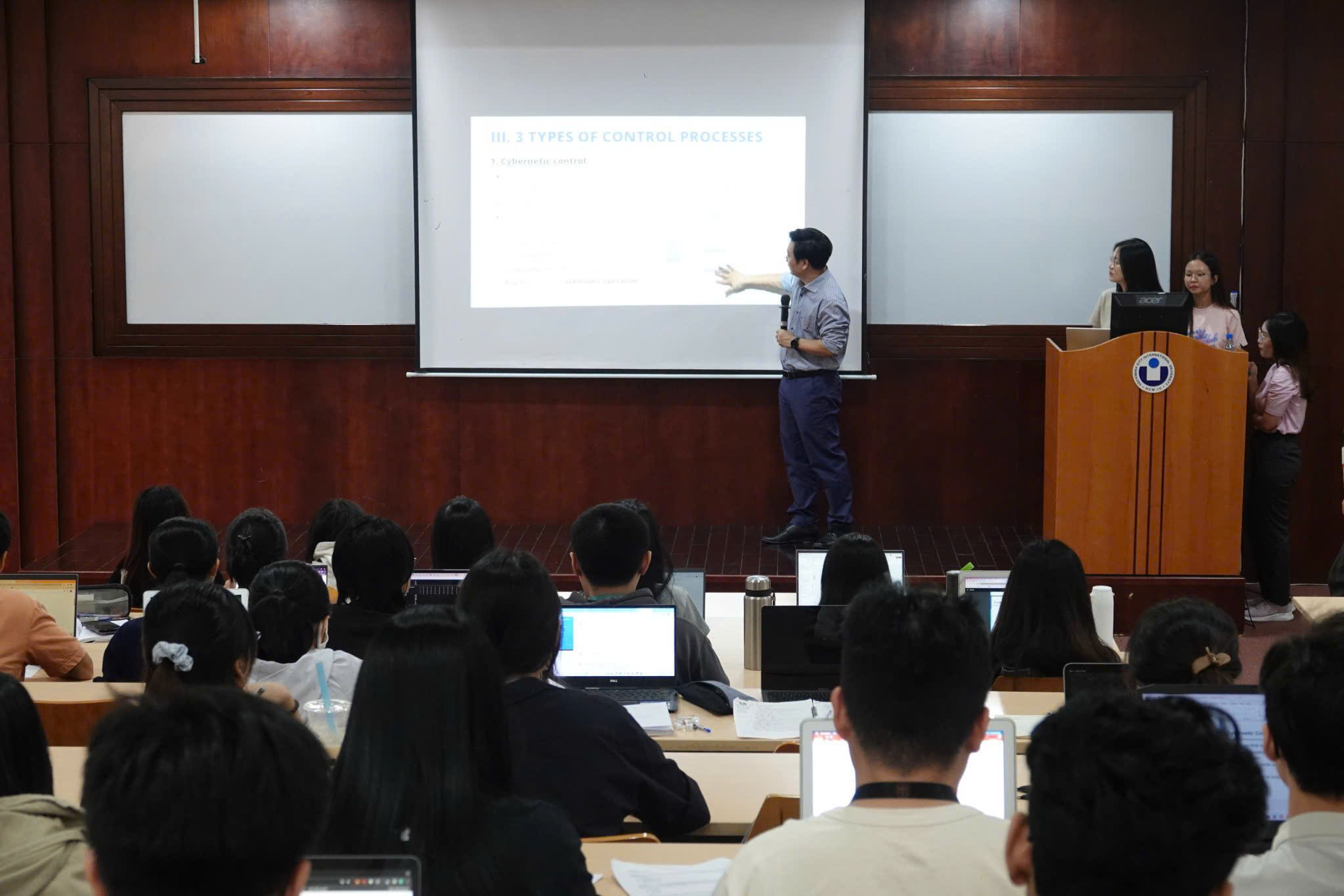
Class hours of students of the international joint program of International University (Ho Chi Minh City National University)
Associate Professor Dr. Vu Hai Quan, Director of VNU-HCM, said that this university has the vision and mission of "becoming a top research university system in Asia, a place where talents gather and spread Vietnamese knowledge and culture". To become a top university in Asia, one of the criteria is to diversify learners, which means having international students.
"Currently, member schools are promoting teaching in English. Completing the teaching staff to meet the requirements is a top priority of VNU-HCM. Recently, VNU-HCM has built the VNU350 program, with the goal of recruiting 350 outstanding young scientists from many universities around the world to return to work by 2030. To date, we have recruited 30 Vietnamese PhDs and scientists working from universities such as Berkeley, Caltech, CMU (USA)...", Associate Professor, Dr. Vu Hai Quan shared.
In addition to preparing staff, Mr. Vu Hai Quan said that the training program must meet international standards if it wants to attract foreign students. Currently, VNU-HCM leads the country in the number of programs meeting international accreditation standards with more than 120 programs.
However, according to Associate Professor Dr. Vu Hai Quan, there are still many difficulties that need to be solved by universities. "That is the language barrier. Teaching 100% in English is a big challenge. Not only lecturers must be good at English, but staff of departments and divisions must also be good at English. Regarding facilities, besides lecture halls and labs, universities must fully invest in facilities such as sports, entertainment, dormitories...", Mr. Quan said.
At the University of Medicine and Pharmacy in Ho Chi Minh City, Professor, Dr. Tran Diep Tuan informed that the school also has a strategy and is building a specific plan to attract international students in the future. However, the school will first continue to invest in improving quality, building international standard training programs to train good human resources for the country, and then attract good students from abroad.
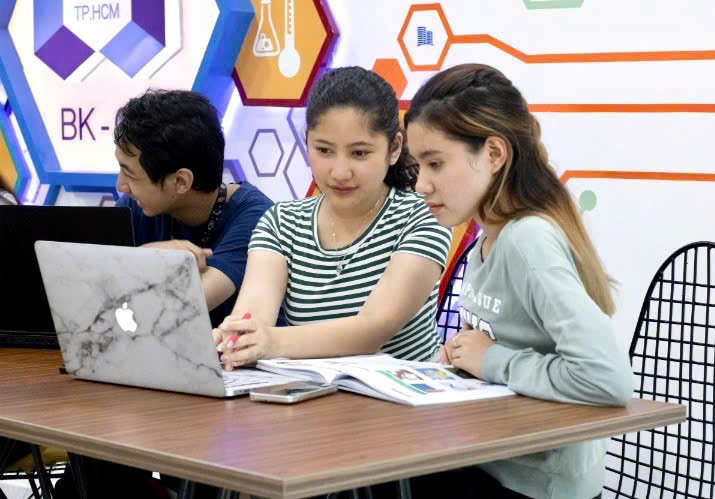
Filipino students at University of Technology (Ho Chi Minh City National University)
PHOTO: SCHOOL WEBSITE
CREATE A LEARNING ENVIRONMENT AND GOOD CAREER OPPORTUNITIES
Dr. Ha Thuc Vien, Vice President of Vietnam-Germany University, sees internationalization as a common trend of Vietnamese universities, in which attracting international students to study is a criterion. According to Dr. Vien, to do so, university education must create different values and meet their needs for accessing and acquiring new knowledge. In addition, we must create a good learning environment and career opportunities.
In addition to improving the quality of training towards international accreditation, the University of Finance and Marketing also focuses on perfecting the staff in a number of units and departments with recruitment criteria that must meet English requirements. "The school will also establish a department to care for learners, train staff to support legal procedures and help international students integrate and adapt to the new environment in Vietnam," Associate Professor, Dr. Pham Tien Dat, Principal of the University of Finance and Marketing, added.
Associate Professor, Dr. Doan Ngoc Phi Anh, Vice Principal of the University of Economics (University of Danang), said: "In addition to expanding cooperation with international partners and increasing English-taught programs, the school pays special attention to supporting international students in legal procedures, living conditions and accommodation."
The University of Economics and Finance, Ho Chi Minh City is also developing and providing study programs entirely in English, investing in facilities and support services such as accommodation, libraries, learning centers, and utilities. The school will have a team of specialized staff to support international students with admission procedures, visas, cultural adaptation, and academic and life counseling services.
Vietnam has favorable conditions
Talking about advantages, Associate Professor Dr. Vu Hai Quan said that Vietnam is a country with an open and strongly developing economy. "In fact, there are many young people around the world who want to come to Vietnam to seek career opportunities and explore the history, culture and people of Vietnam. The cost of living in Vietnam is quite low. These things can also contribute to making university education a destination for international students in the near future," Associate Professor Dr. Vu Hai Quan commented.
Dr. Tran Ai Cam, Principal of Nguyen Tat Thanh University, also commented: "Vietnam is having an open policy to promote foreign investment in the education sector. This will create motivation for foreign educational institutions to participate in the education market in Vietnam, leading to more competitive training costs in the region and internationally."
Source: https://thanhnien.vn/tro-thanh-diem-den-cua-sinh-vien-quoc-te-can-chien-luoc-quoc-gia-185241016230241965.htm


![[Photo] Prime Minister Pham Minh Chinh meets with General Secretary and President of China Xi Jinping](https://vstatic.vietnam.vn/vietnam/resource/IMAGE/2025/4/14/893f1141468a49e29fb42607a670b174)
![[Photo] Tan Son Nhat Terminal T3 - key project completed ahead of schedule](https://vstatic.vietnam.vn/vietnam/resource/IMAGE/2025/4/15/85f0ae82199548e5a30d478733f4d783)
![[Photo] National Assembly Chairman Tran Thanh Man meets with General Secretary and President of China Xi Jinping](https://vstatic.vietnam.vn/vietnam/resource/IMAGE/2025/4/14/4e8fab54da744230b54598eff0070485)
![[Photo] Reception to welcome General Secretary and President of China Xi Jinping](https://vstatic.vietnam.vn/vietnam/resource/IMAGE/2025/4/15/ef636fe84ae24df48dcc734ac3692867)
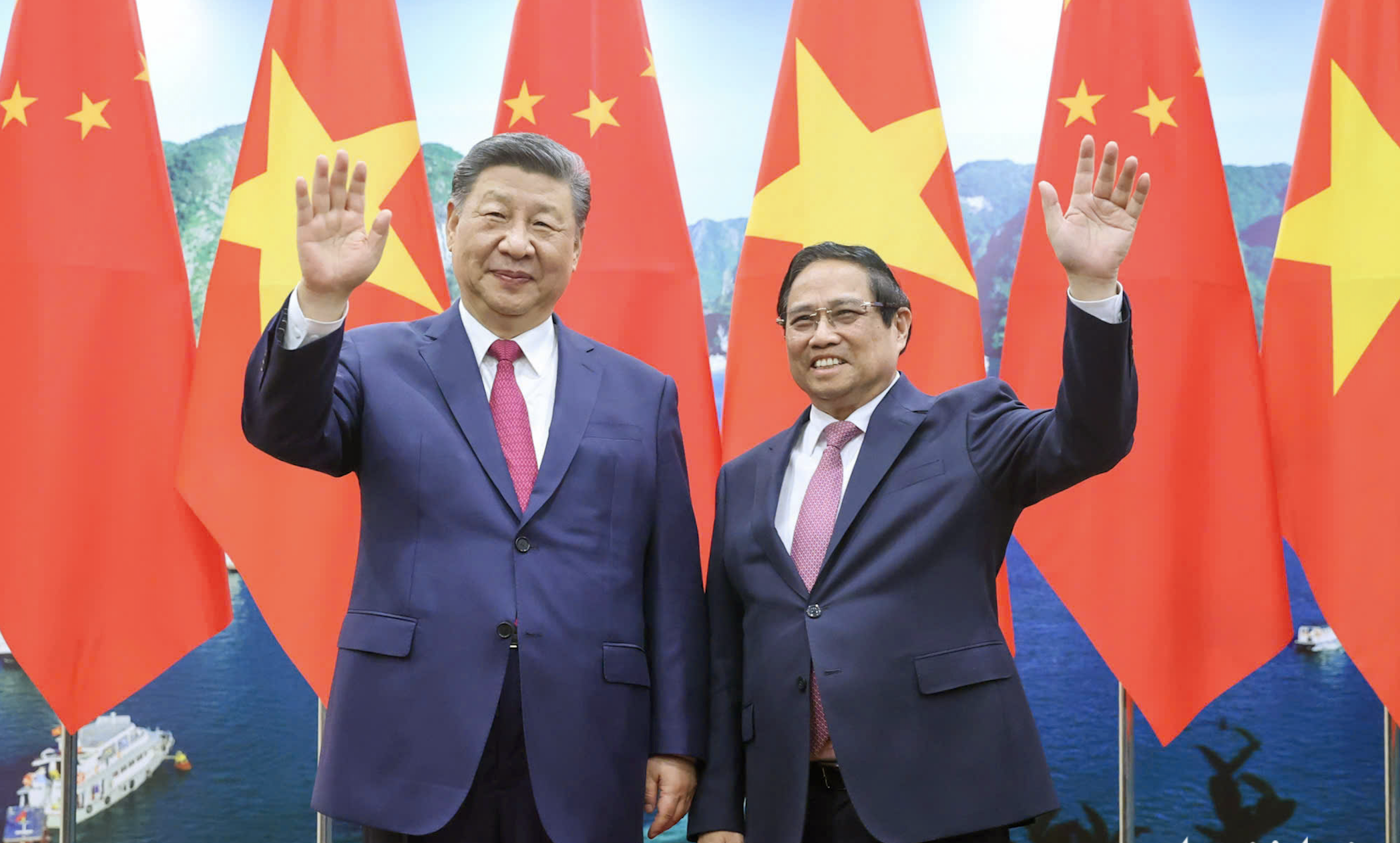
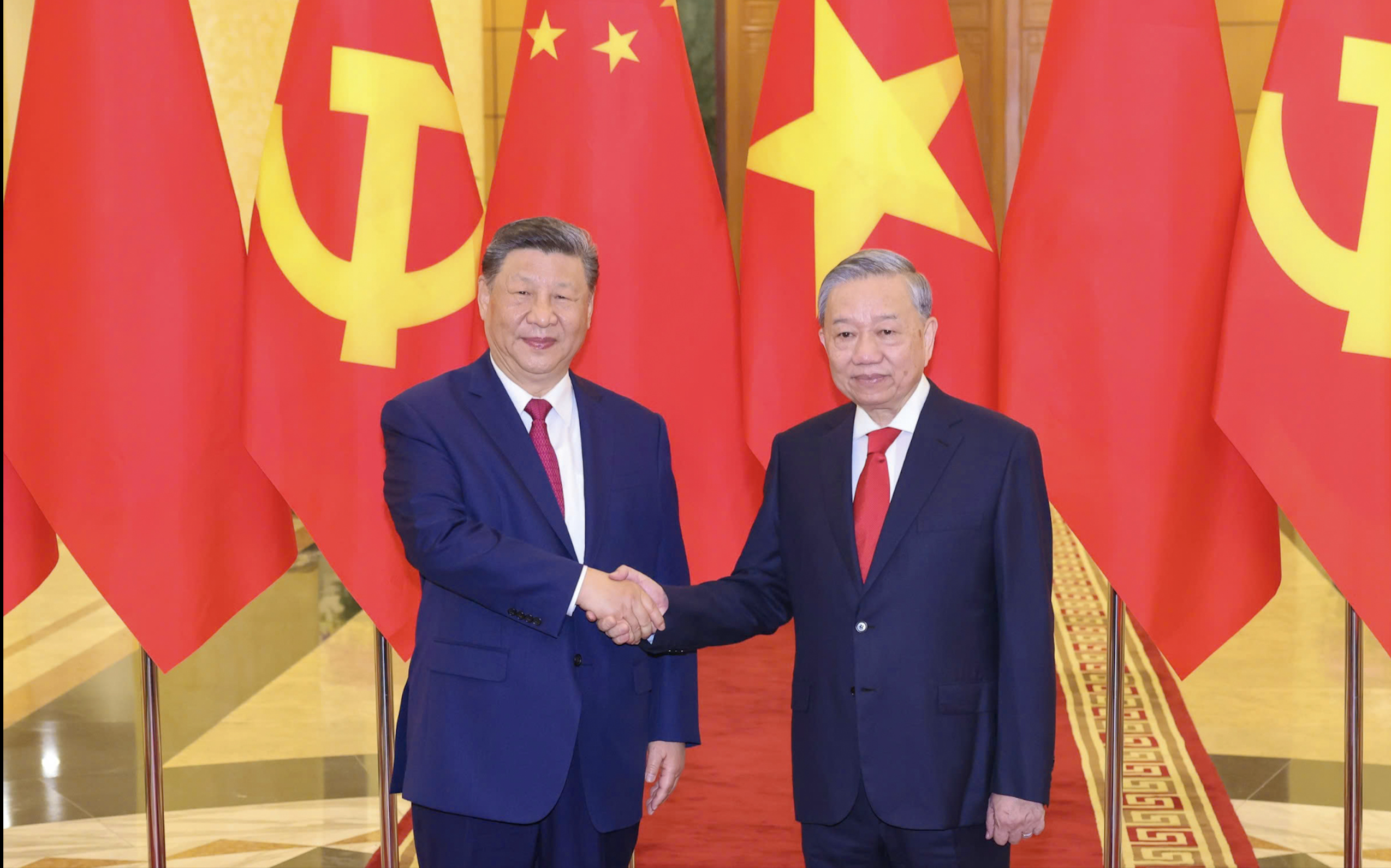
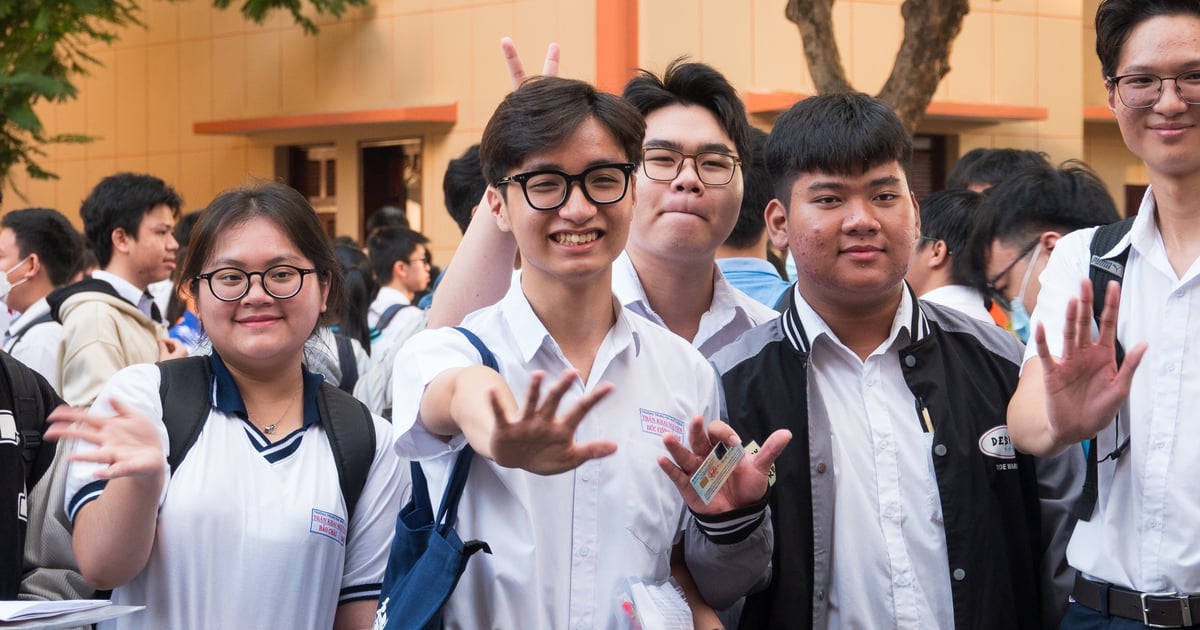


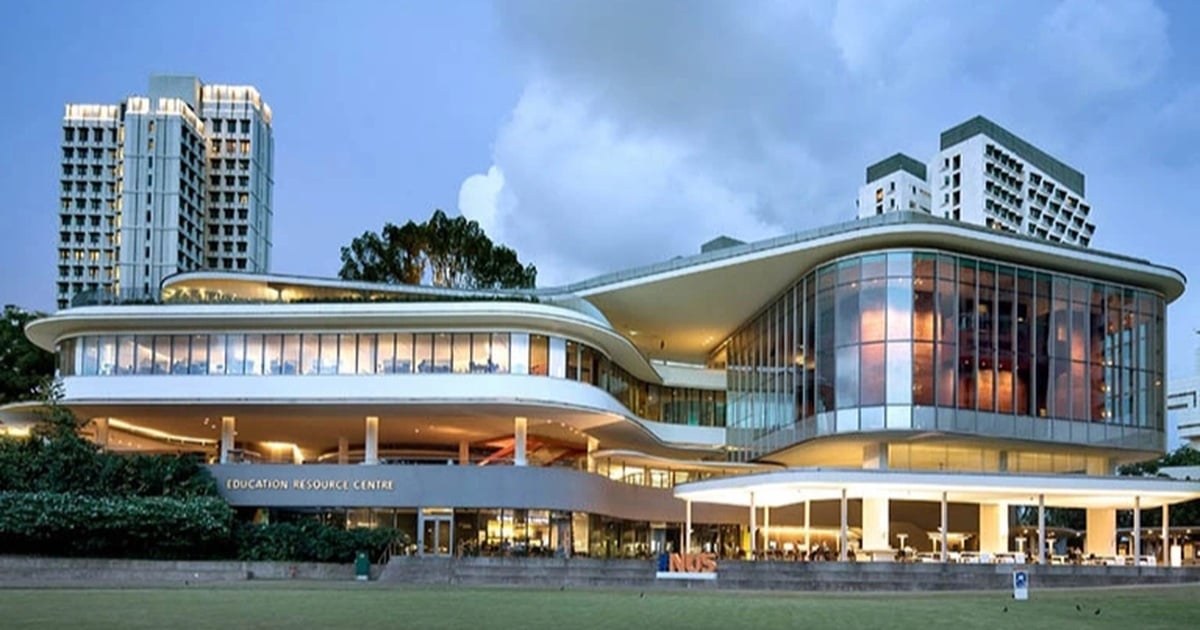

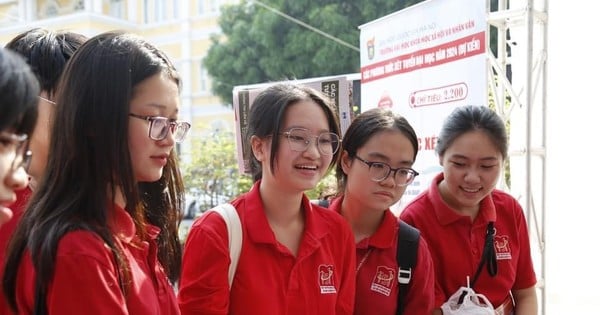

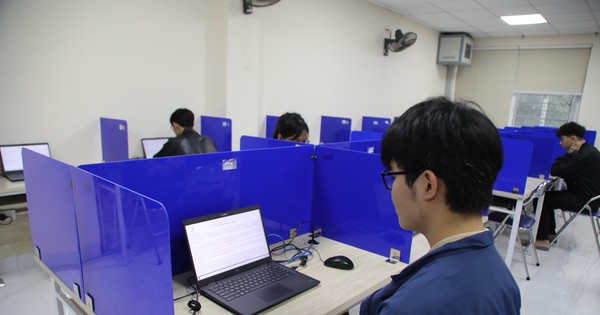
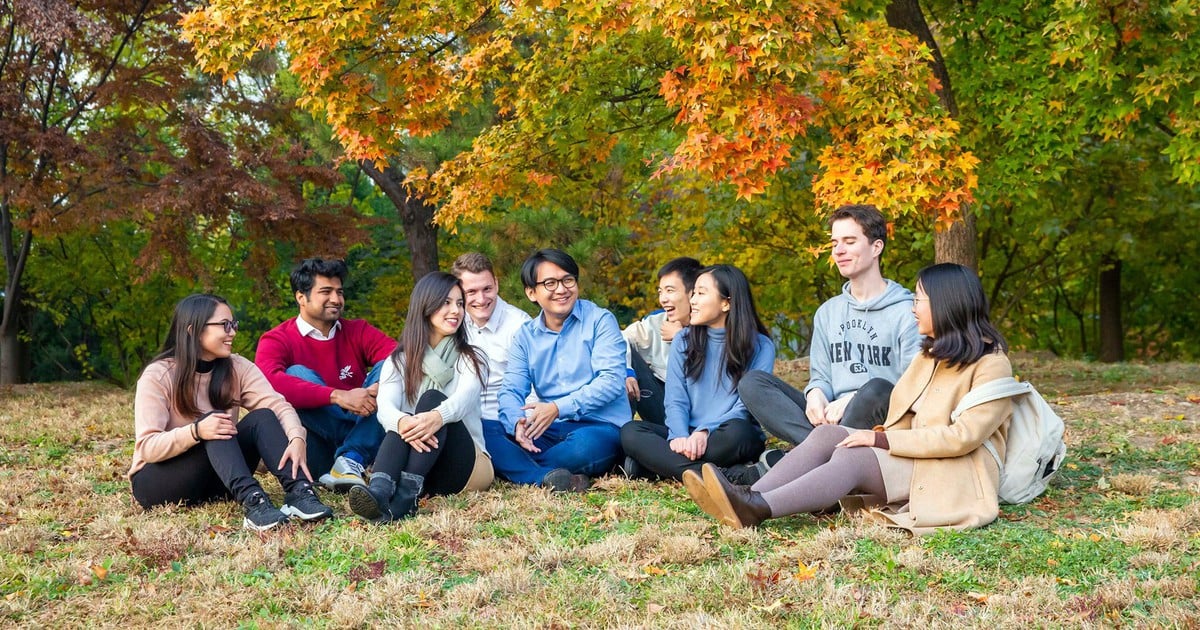
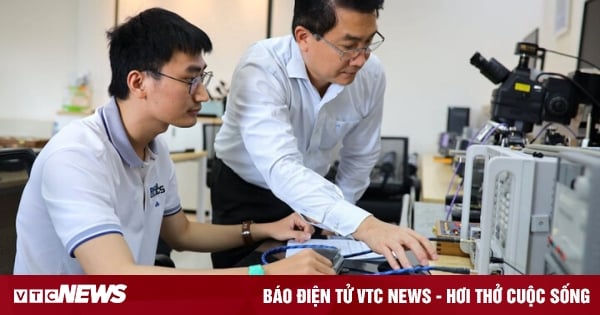
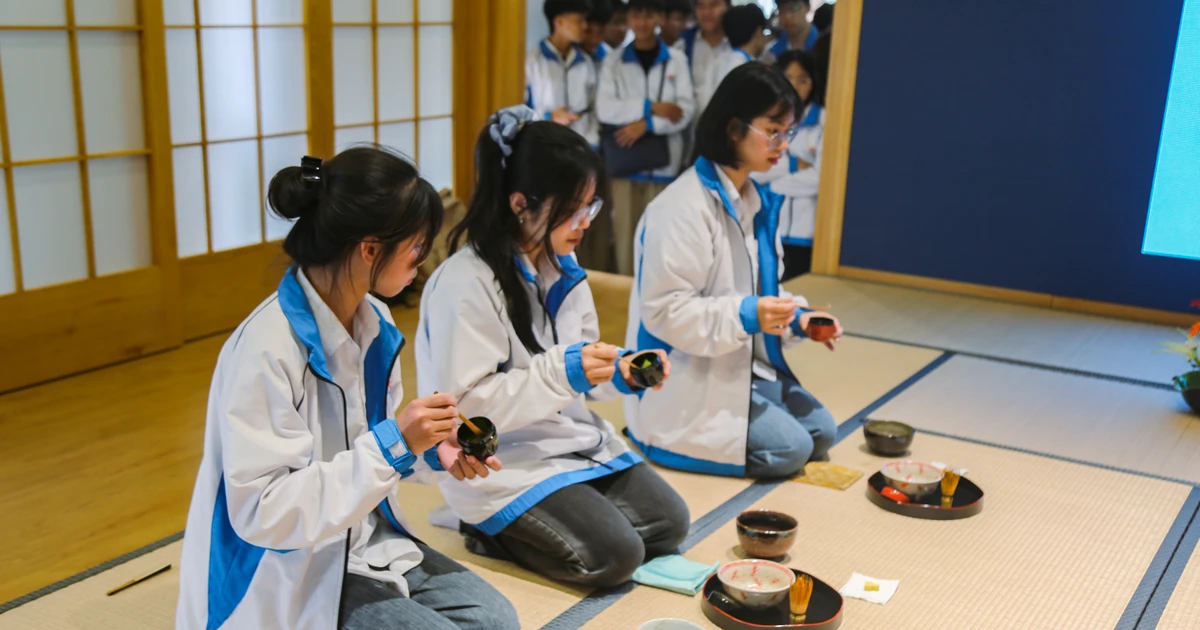
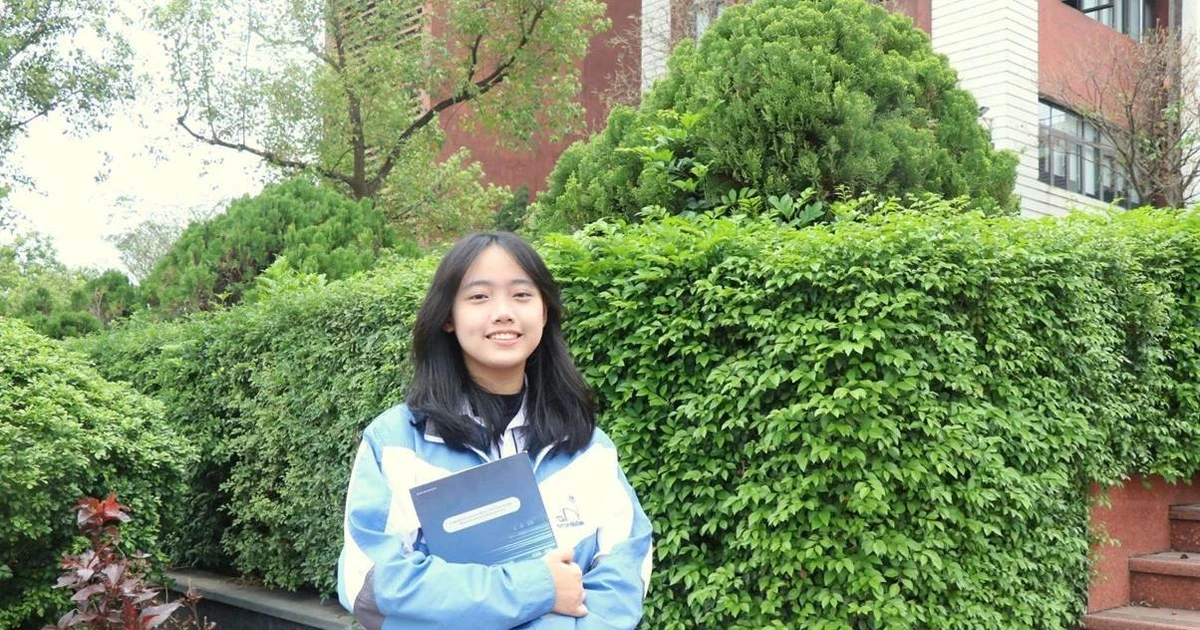
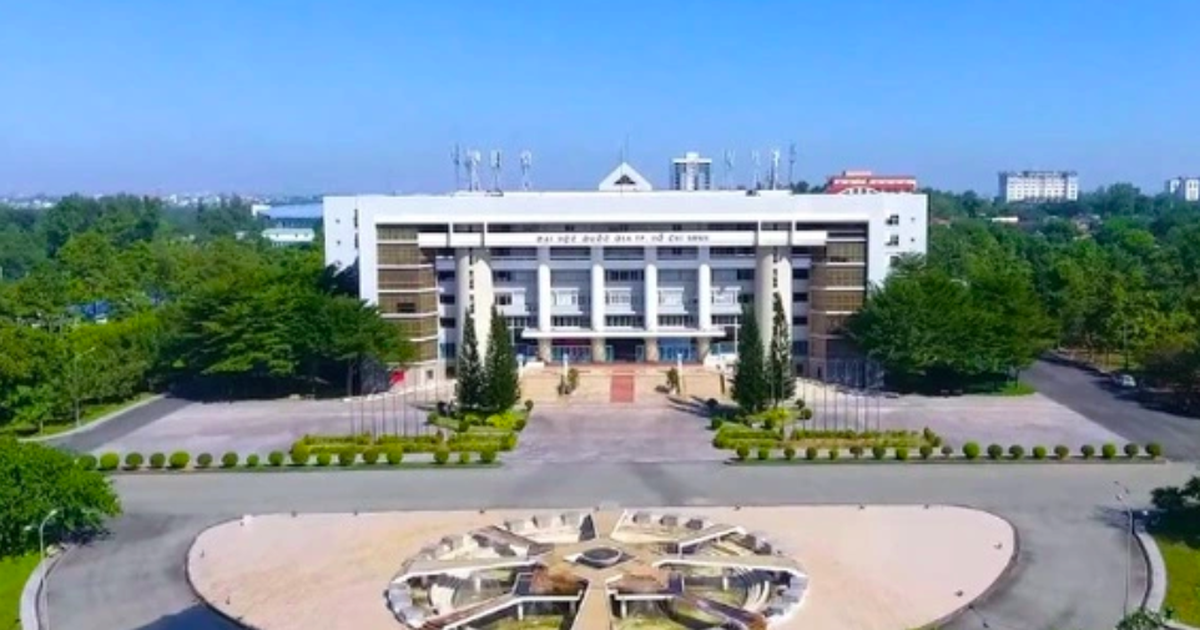
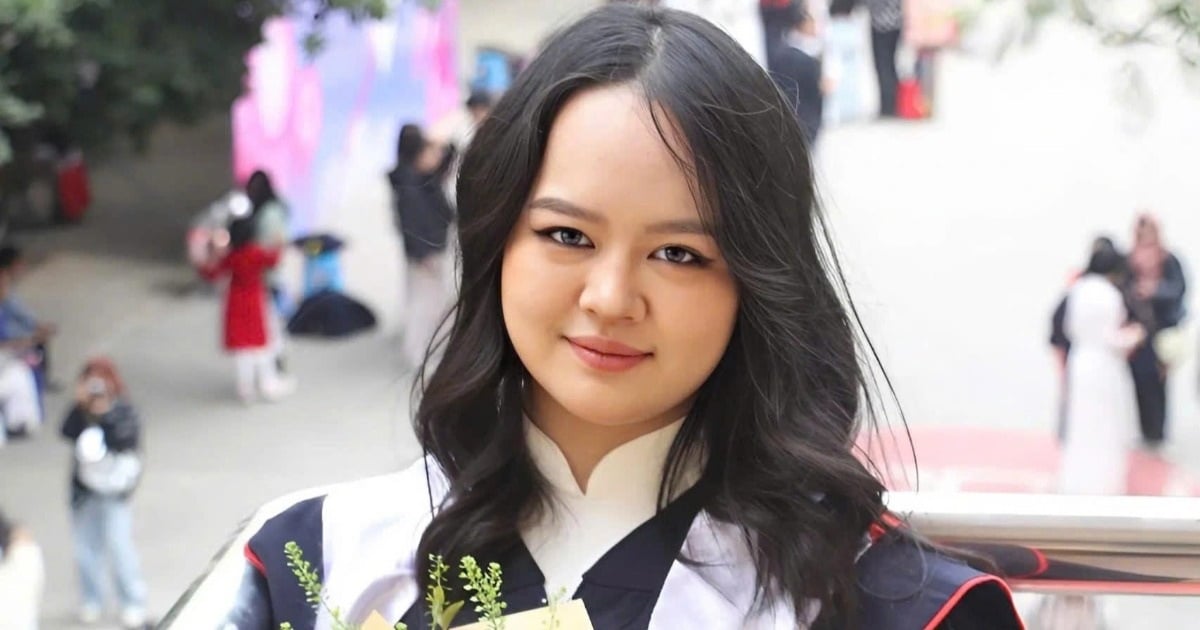
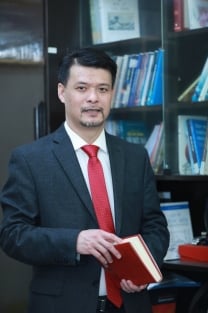






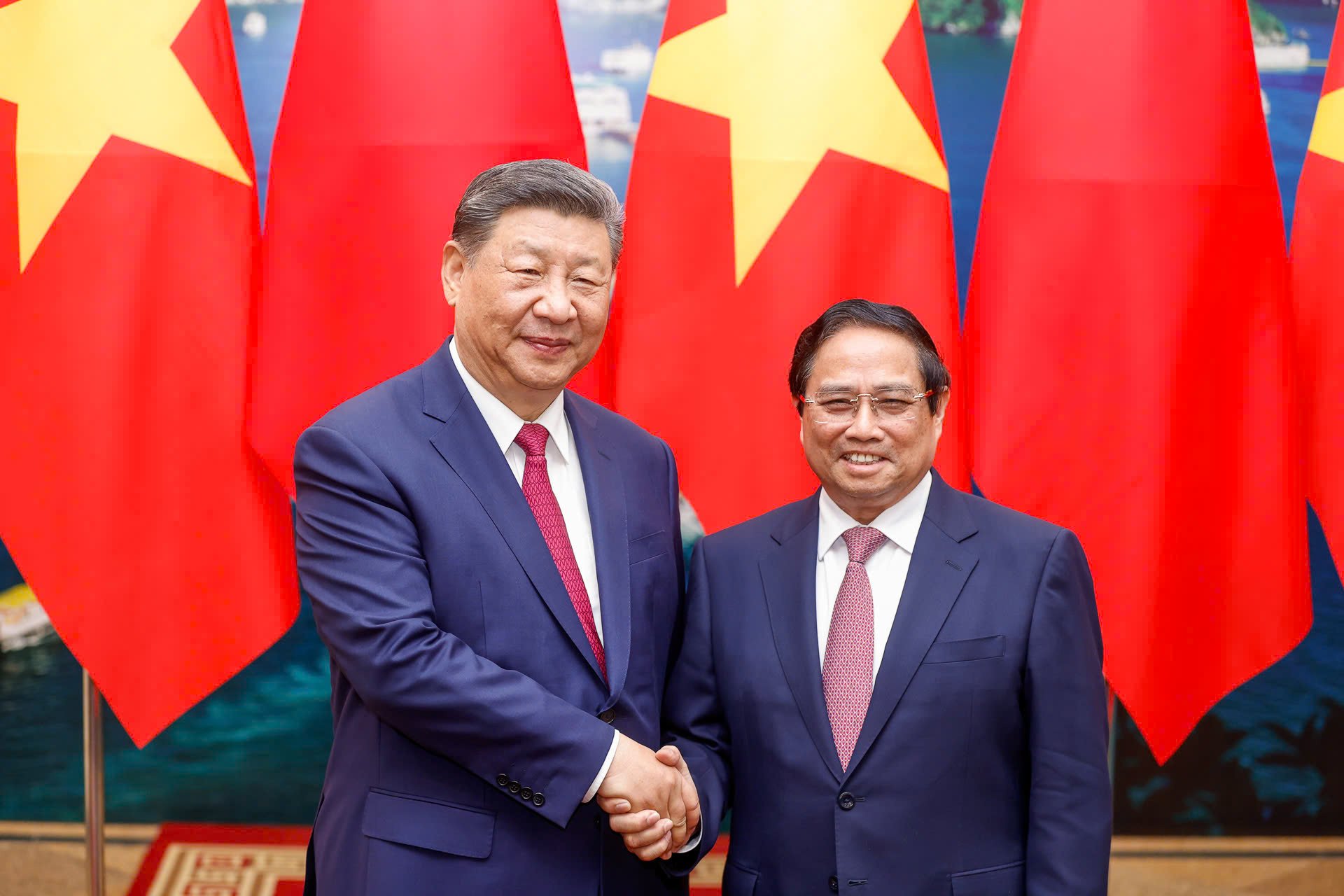
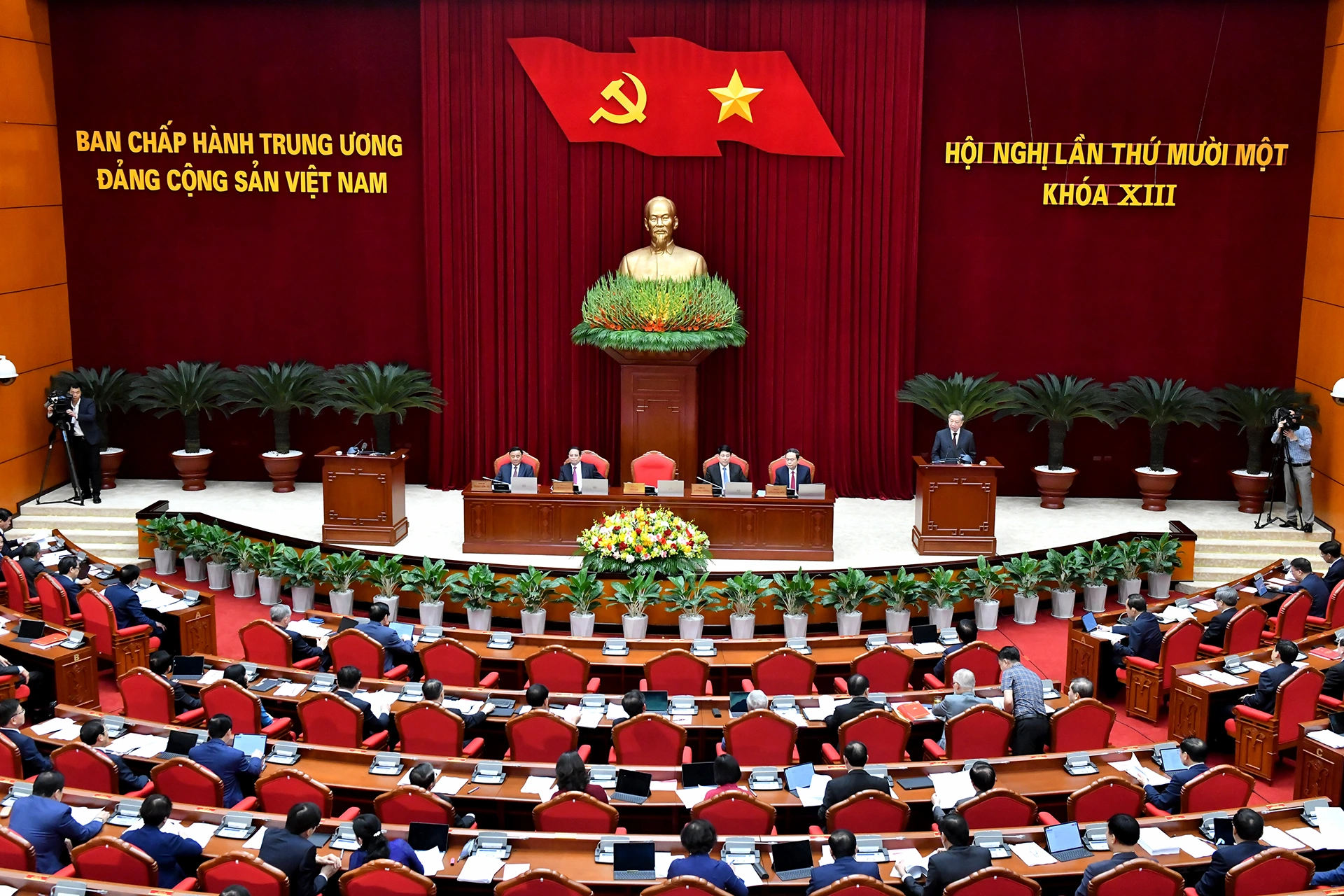











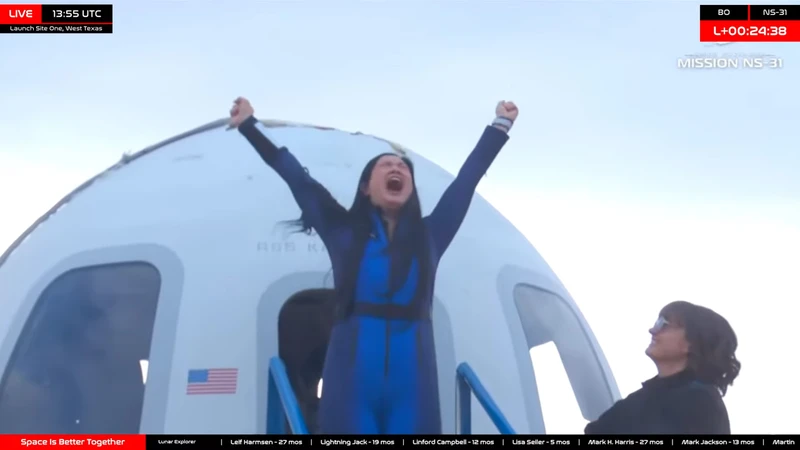




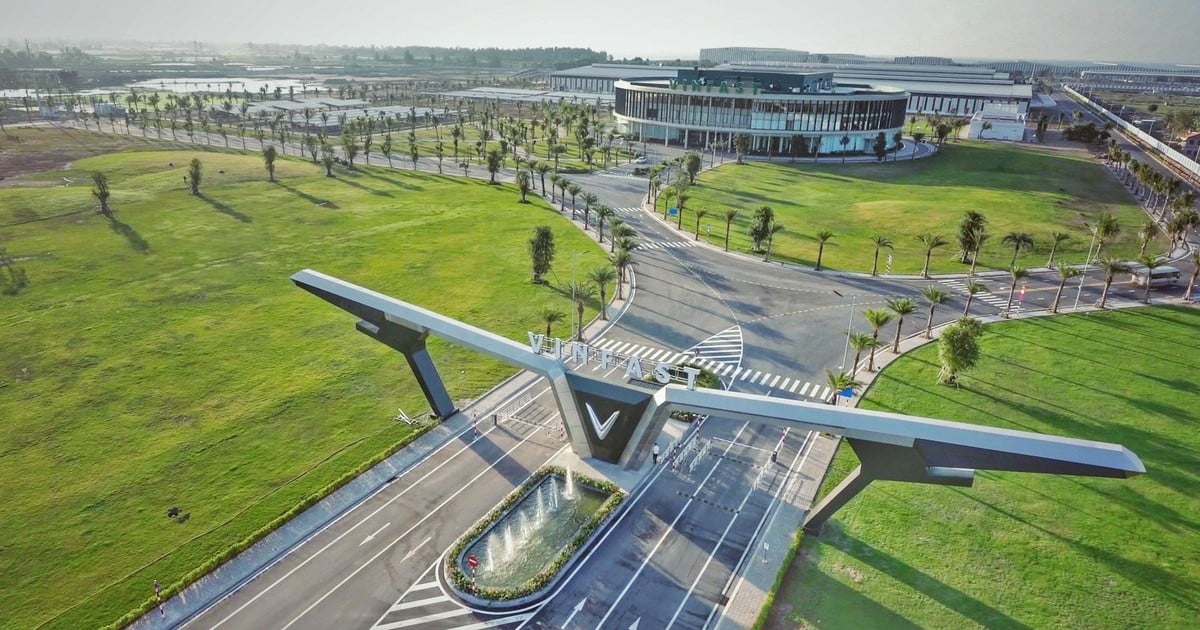
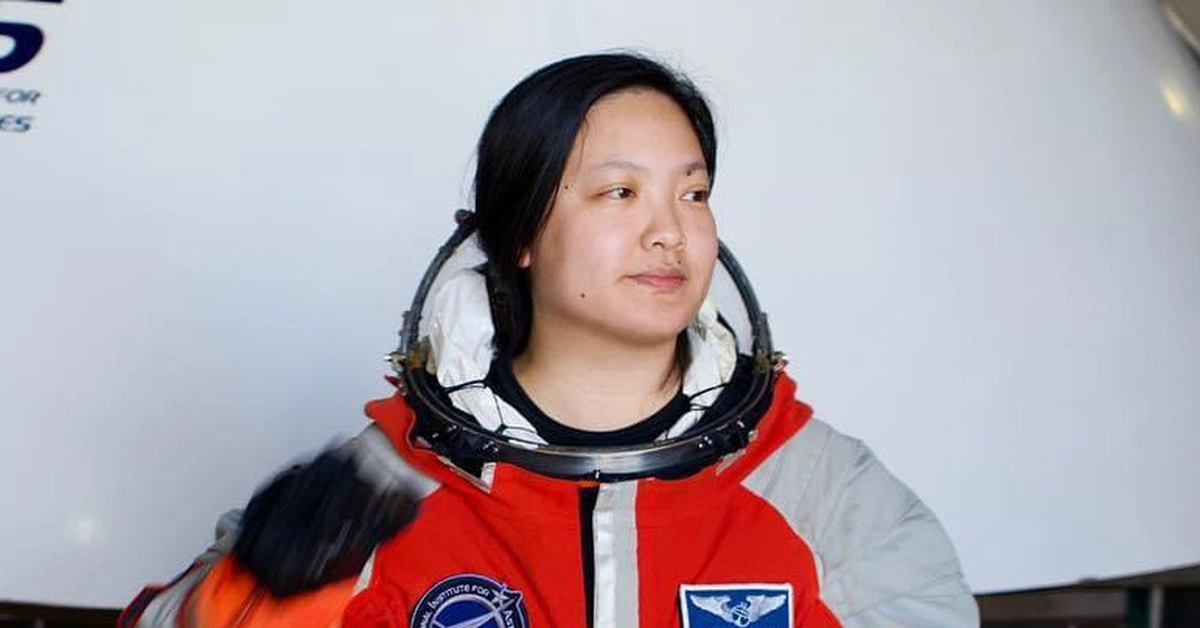








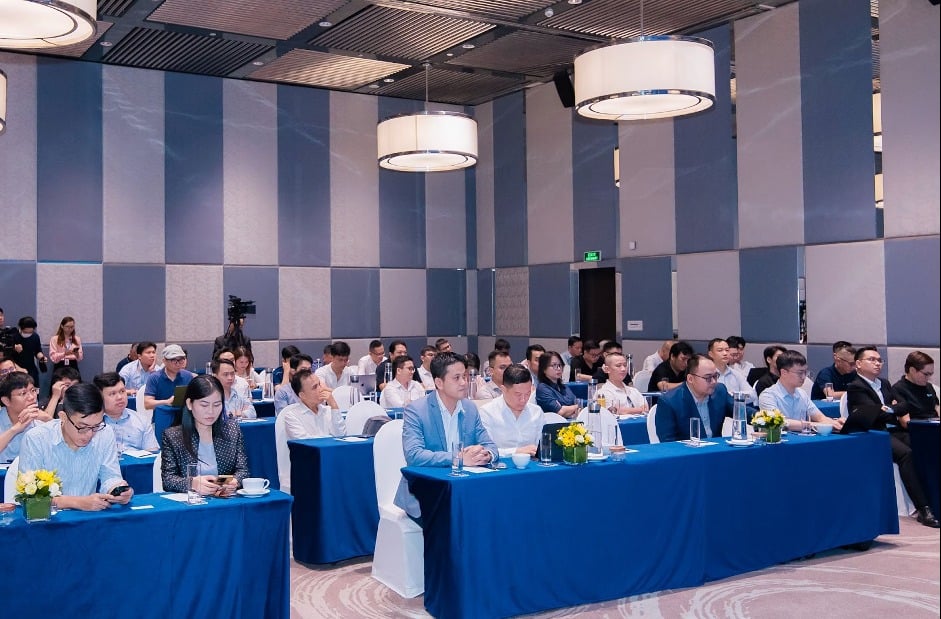



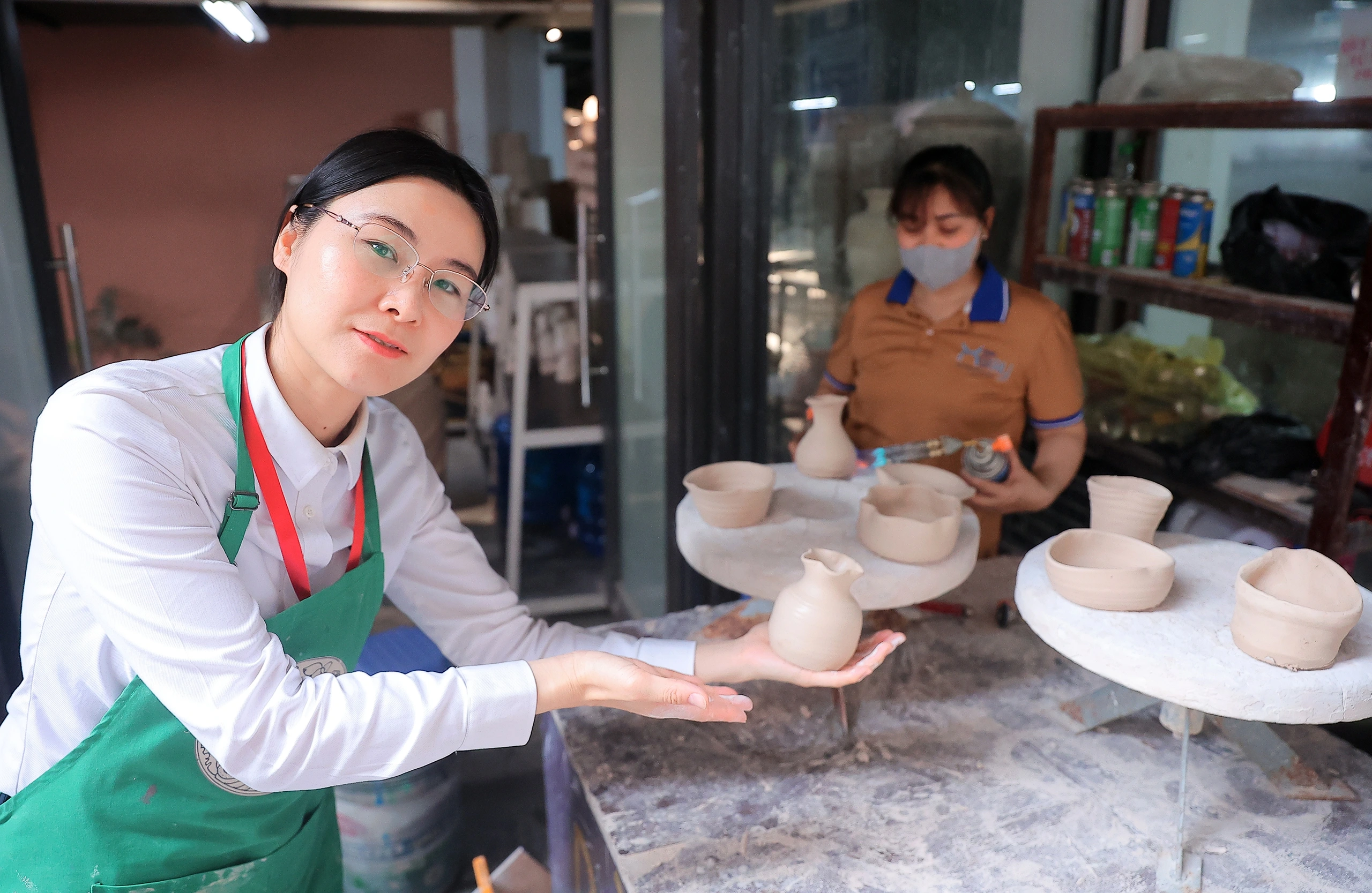
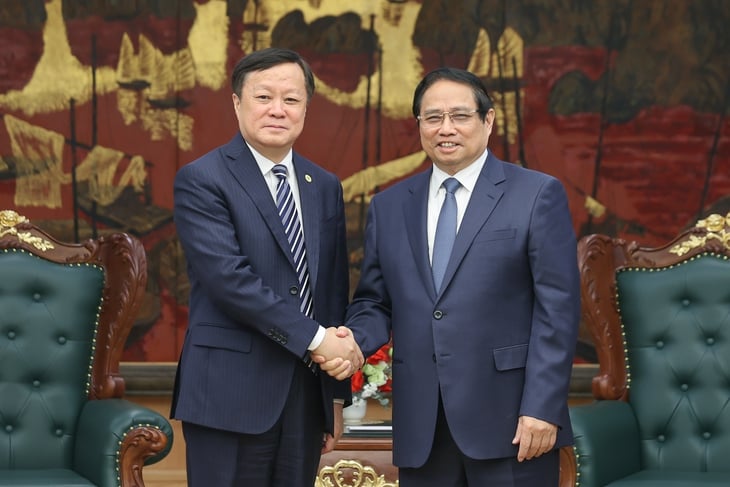


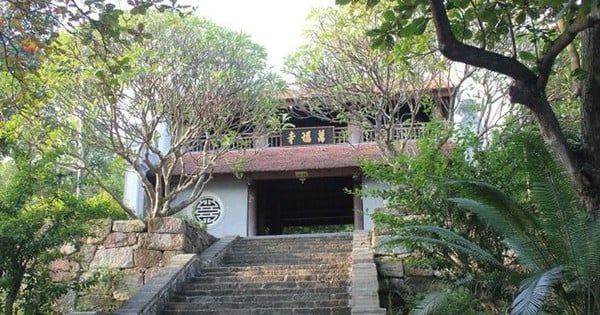
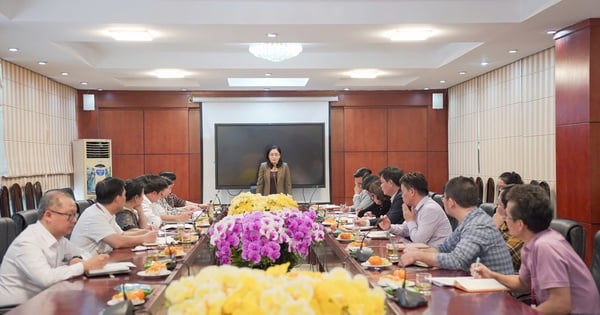
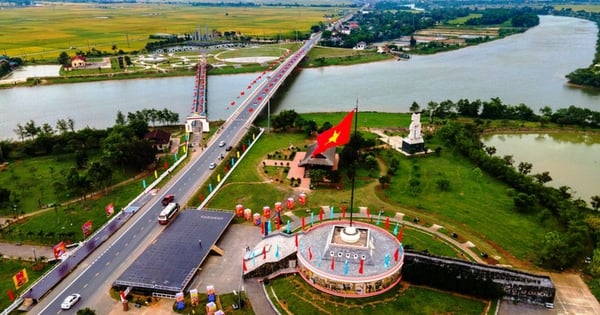
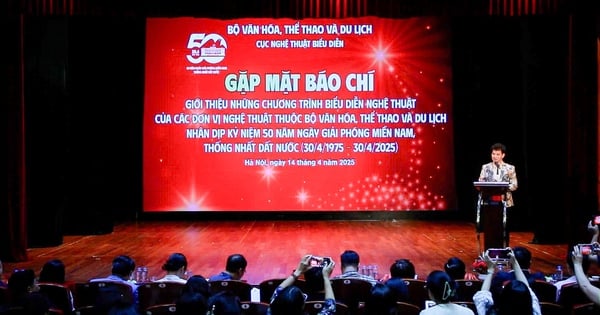
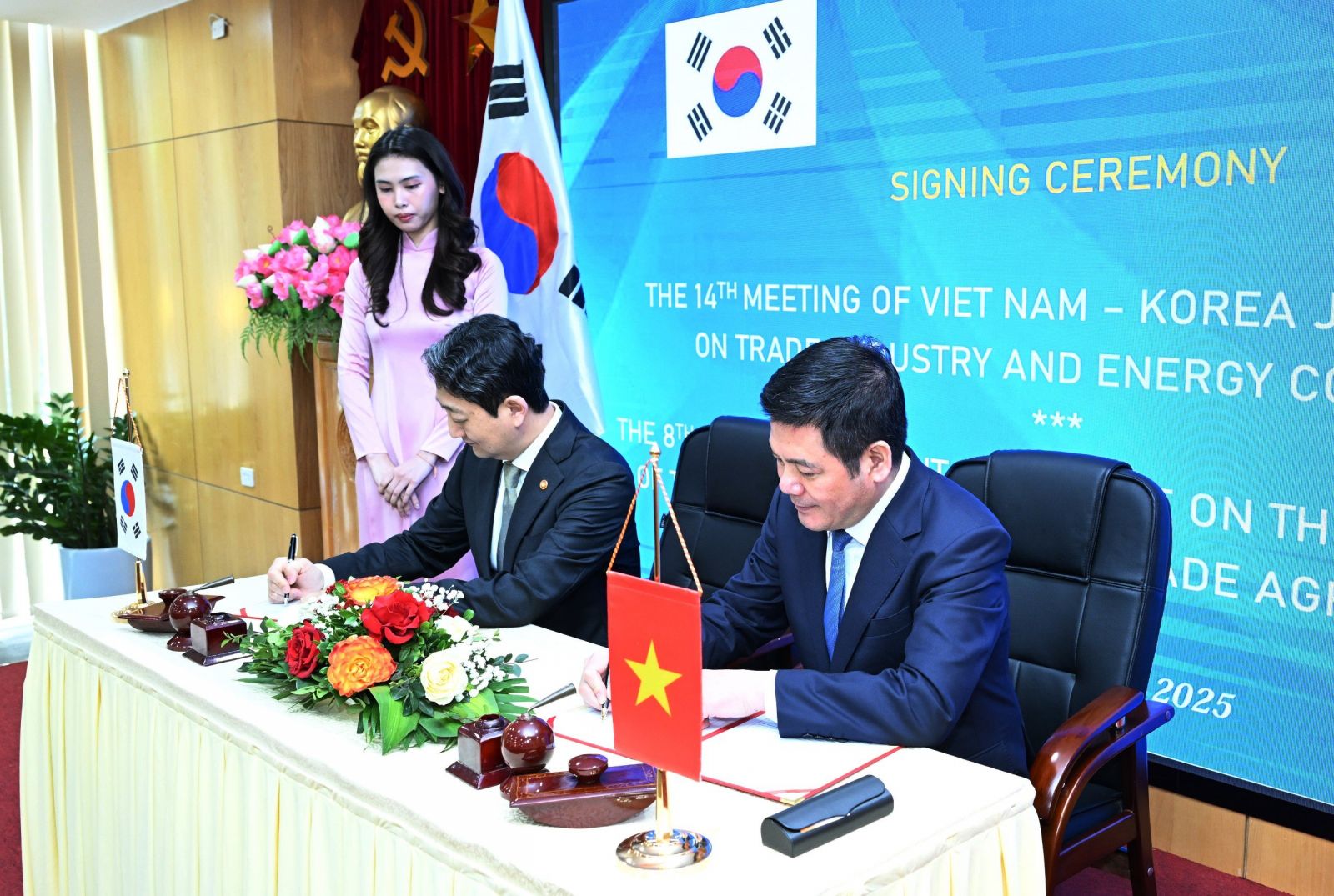

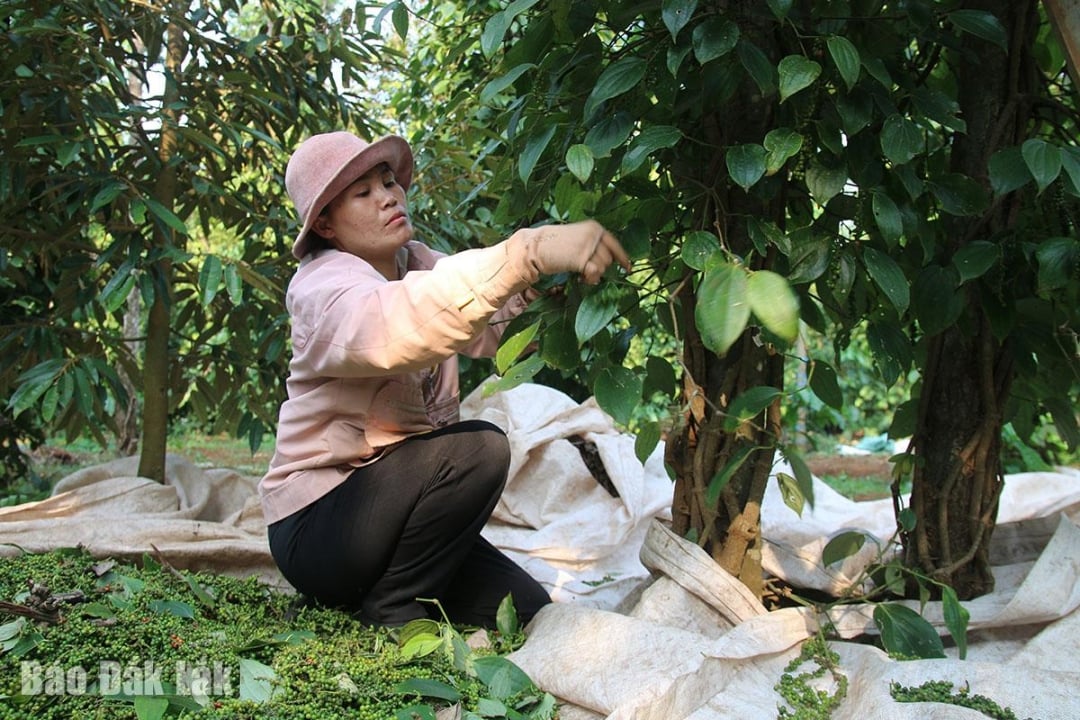

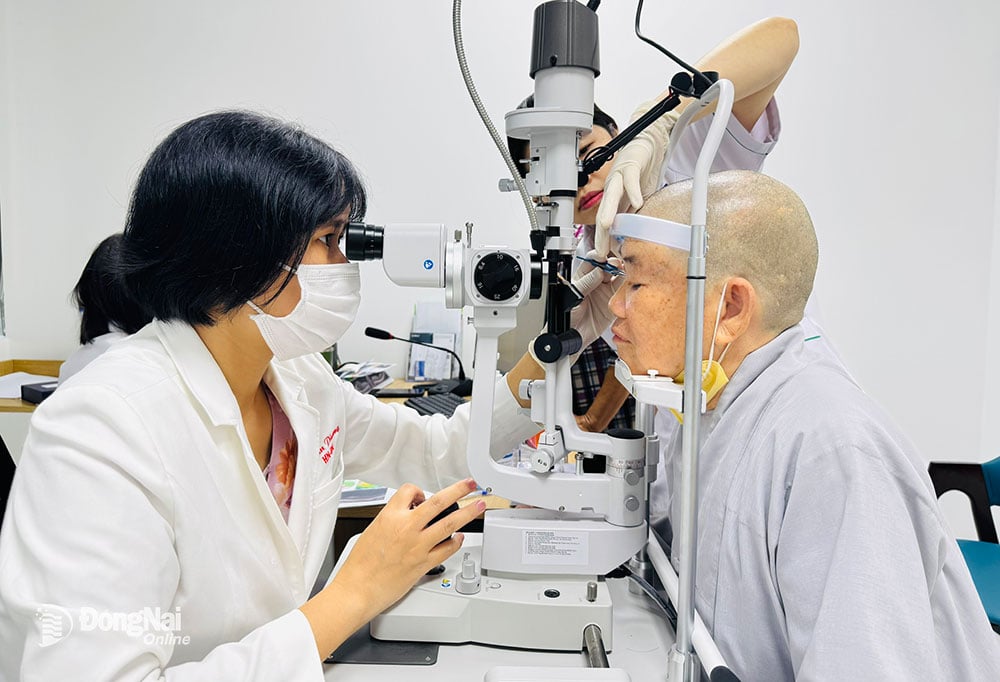

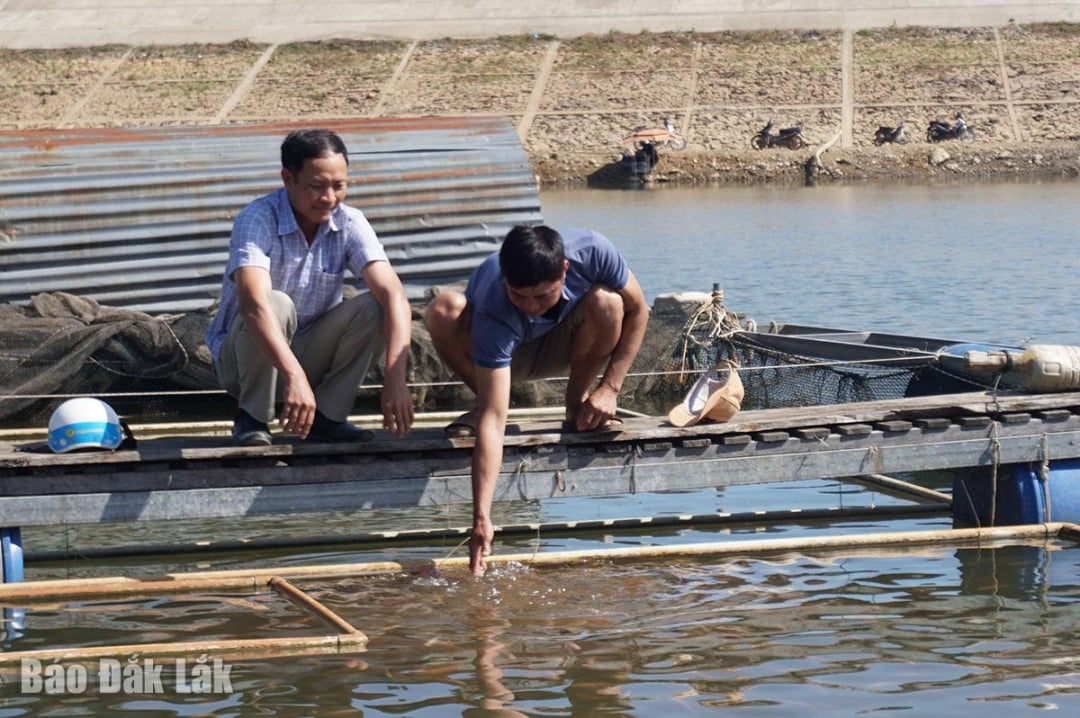

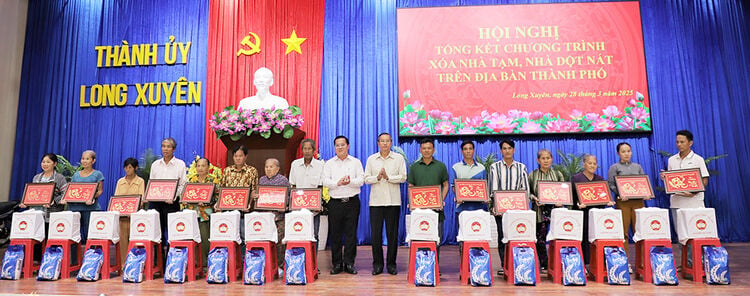

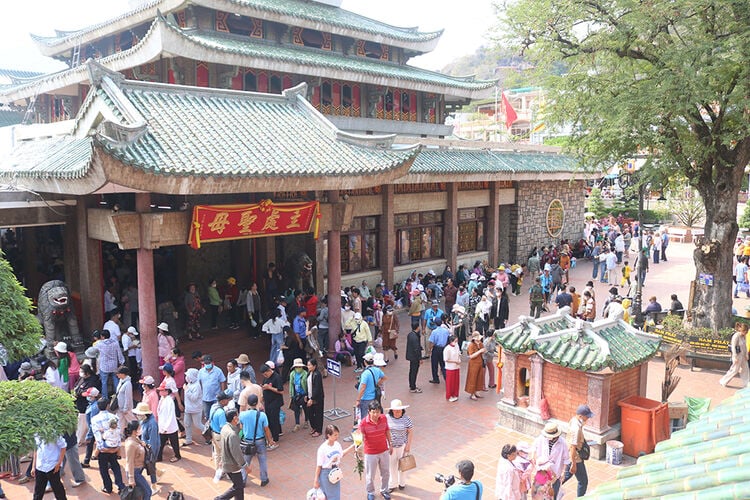









Comment (0)